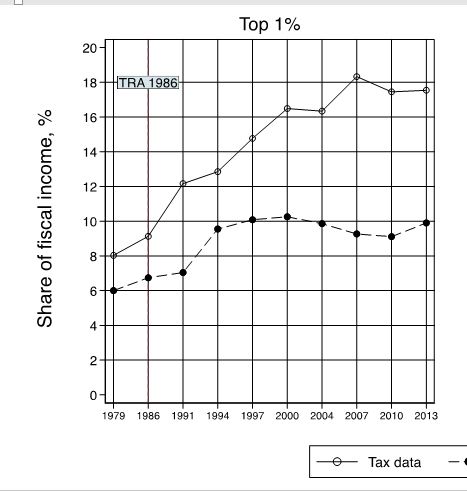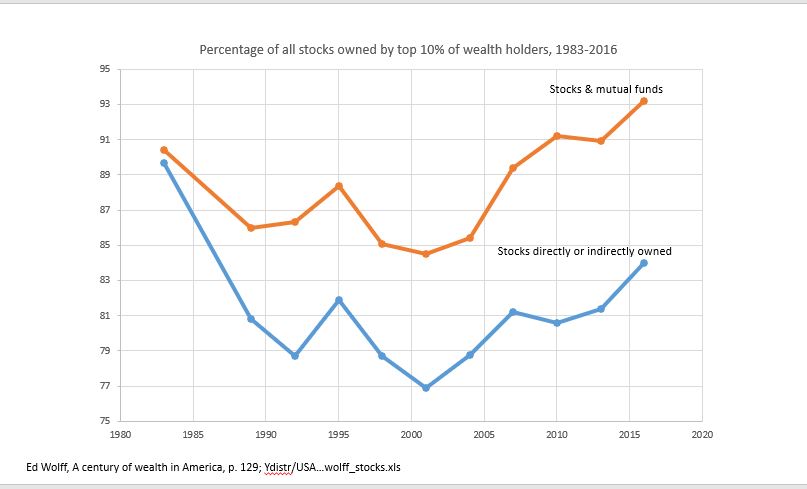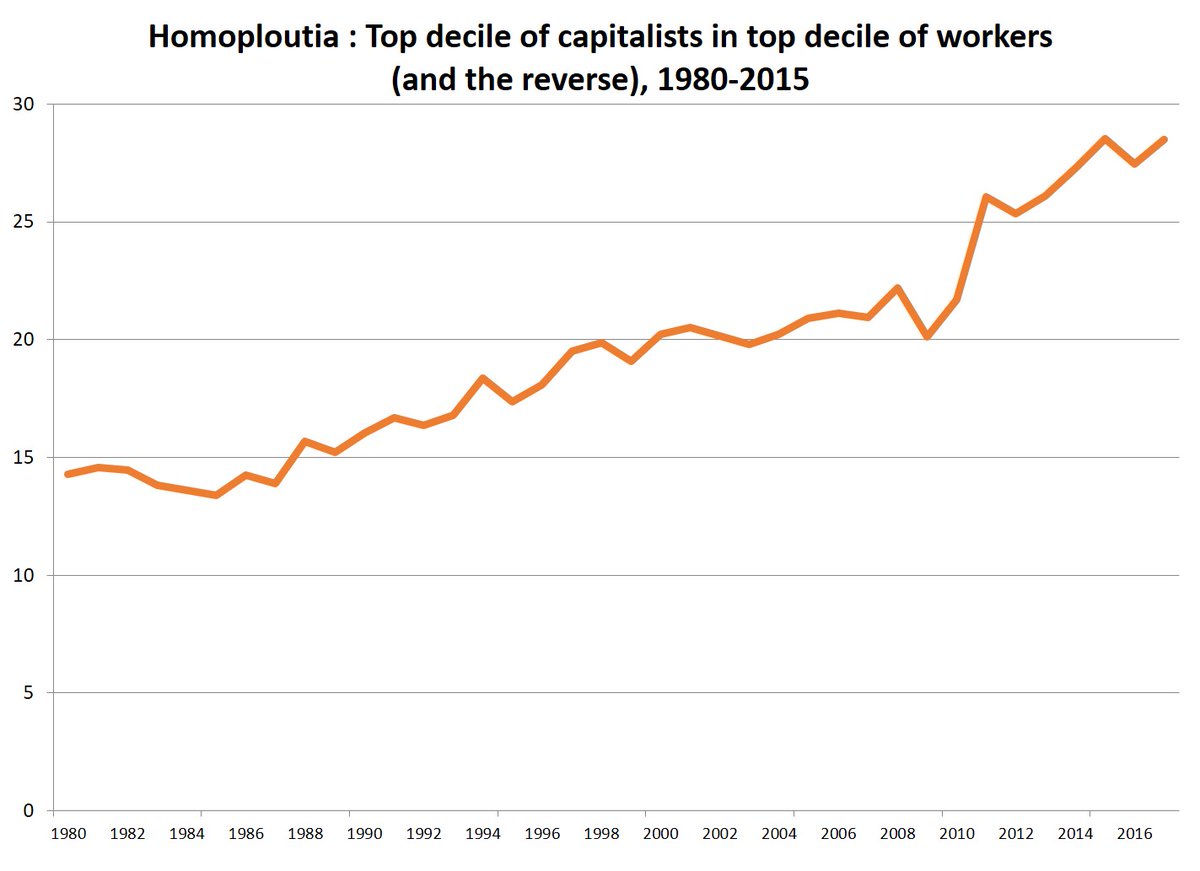
There is a sort of "declinism" literature that appears 20 years. In the 1980s, it is "the missile gap" w/ the USSR and "The Grand Strategy of the Soviet Union" by the eminent historian Edward Luttwak.
amazon.com/Grand-Strategy…
amazon.com/Grand-Strategy…
When that grand strategy somehow did not materialize & the USSR collapsed, the threat (and books) were forgotten.
There was also, starting in the 1970s, the Japanese threat whereby Japan will buy the entire America.
There was also, starting in the 1970s, the Japanese threat whereby Japan will buy the entire America.
When Japan went into two decades of no growth that threat too was forgotten.
The most recent variant is the "China threat". China is indeed increasing in importance but is just going back, in relative economic power, to where it was in 1500.
The most recent variant is the "China threat". China is indeed increasing in importance but is just going back, in relative economic power, to where it was in 1500.
So if you take as your desired or normal state of affairs, the situations of China and India in the 19th, then indeed they are a "threat".
But in reality, 19thC was an anomaly when Western powers easily controlled the entire globe and that will not come back.
But in reality, 19thC was an anomaly when Western powers easily controlled the entire globe and that will not come back.
• • •
Missing some Tweet in this thread? You can try to
force a refresh









